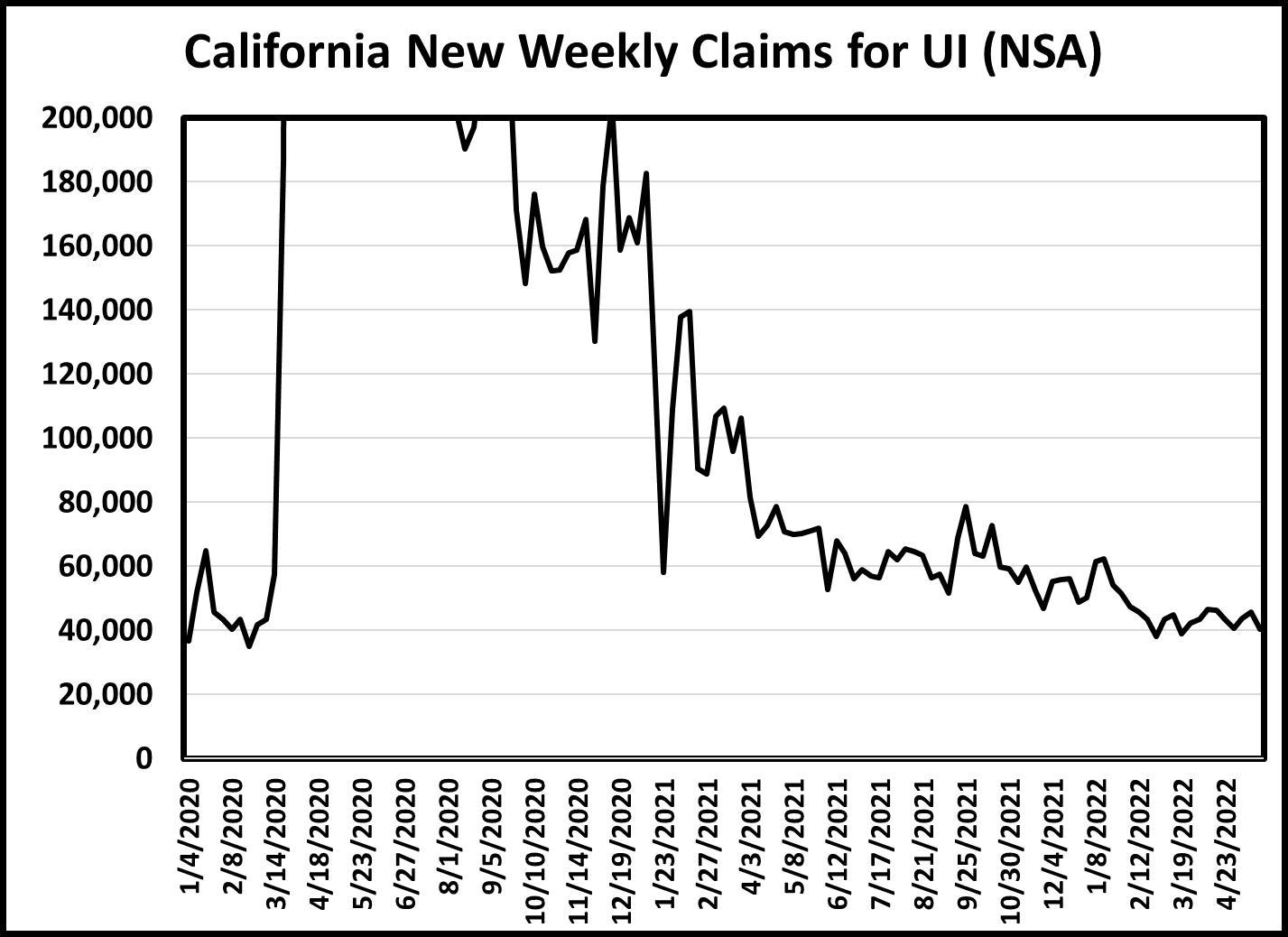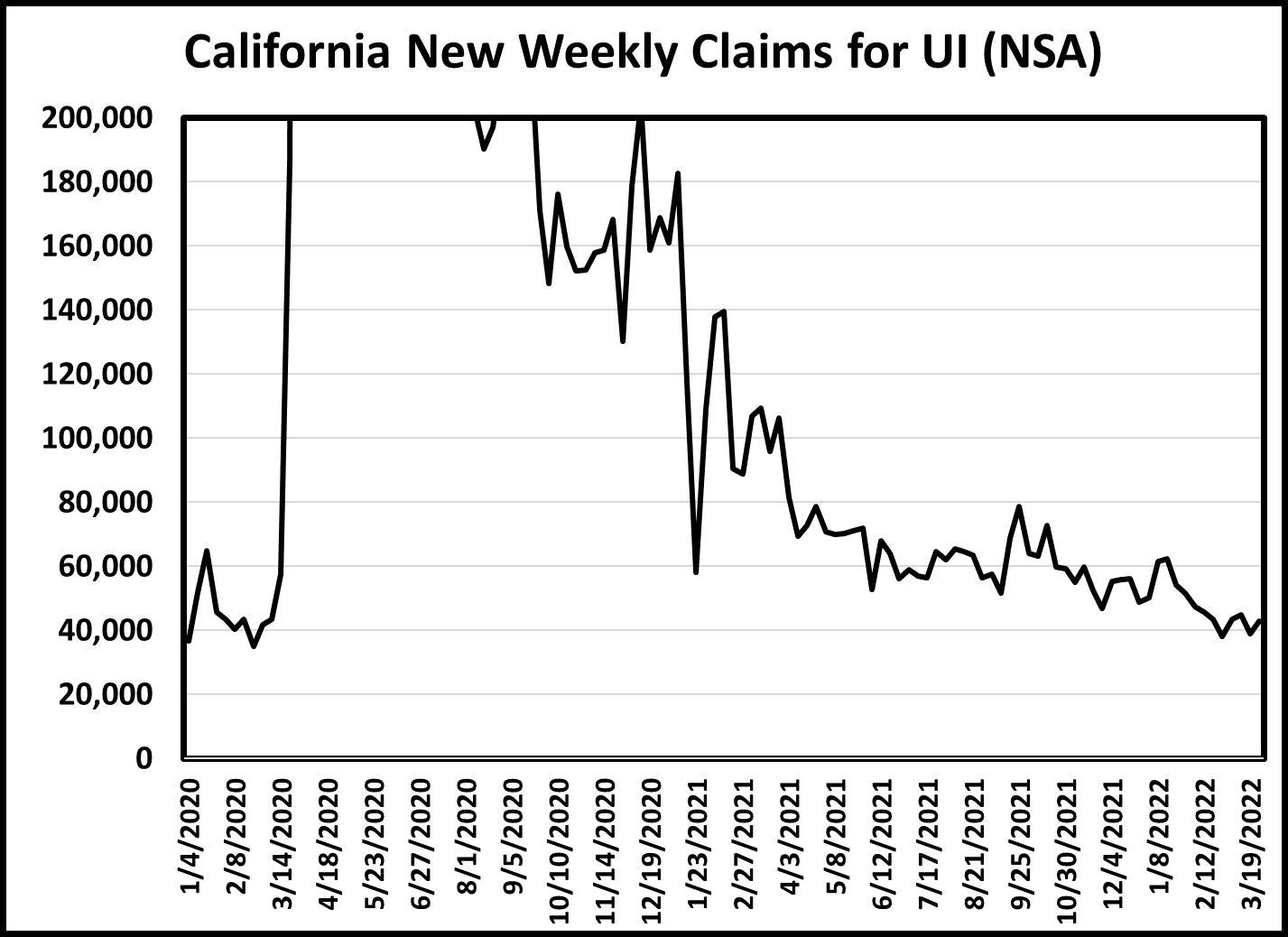Proposal for supplemental faculty pay in STEM fields Saturday, June 25, 2022
The systemwide Academic Senate has under review a proposal for supplemental faculty pay in STEM fields similar to programs in the health fields. Comments on the program are due July 19th. Excerpts from the review document can be found below:
Our review of the NSTP [Negotiated Salary Trial Program] reveals that it is a program that is generally well received on the six campuses (Davis, Irvine, Los Angeles, Riverside, San Diego, and Santa Cruz) where it is used. Its utilization is somewhat limited, involving from just 1.0 to 12.3% of the faculty on any given campus (6.4% of all eligible faculty across the six campuses participate). Yet it provides considerable amounts of additional compensation to the participating faculty ($41,280 additional compensation on average among the participants and representing an augmentation of more than 20% of salary for 63.2% of the participants). Survey results indicate that it is very popular with participants. Non-participants are more mixed in their attitudes toward it: some non-participants see it as a valuable way for the campuses to compete with other universities to attract and retain the best faculty; other non-participants see it as unfair and arguably at odds with the University’s ethos and mission. As detailed below, the available evidence, while not perhaps as conclusive as might be desired, indicates that the NSTP is not harmful to the University’s mission. It does not appear to result in reductions in teaching nor in graduate student support. There is some evidence to suggest that it may even expand the research enterprise, thereby enhancing graduate and postdoctoral education. Clearly, at least in terms of pay, participants find the program beneficial. The open question is whether the program provides benefits in terms of enhancing faculty recruitment and retention. Arriving at a definitive answer for that question is challenging. There is no clear statistical or other quantitative evidence to say that the program does. At the same time, many participants and department chairs aver that the program has been an important component of attracting and retaining the best faculty. As we discuss below, we conclude that the program likely helps with keeping program participants at UC. The impact of the program on junior faculty recruitment appears to be minimal since they typically need several years to expand their research program to be
276
UCLA Faculty Association Blog: 2nd Quarter 2022
































































































